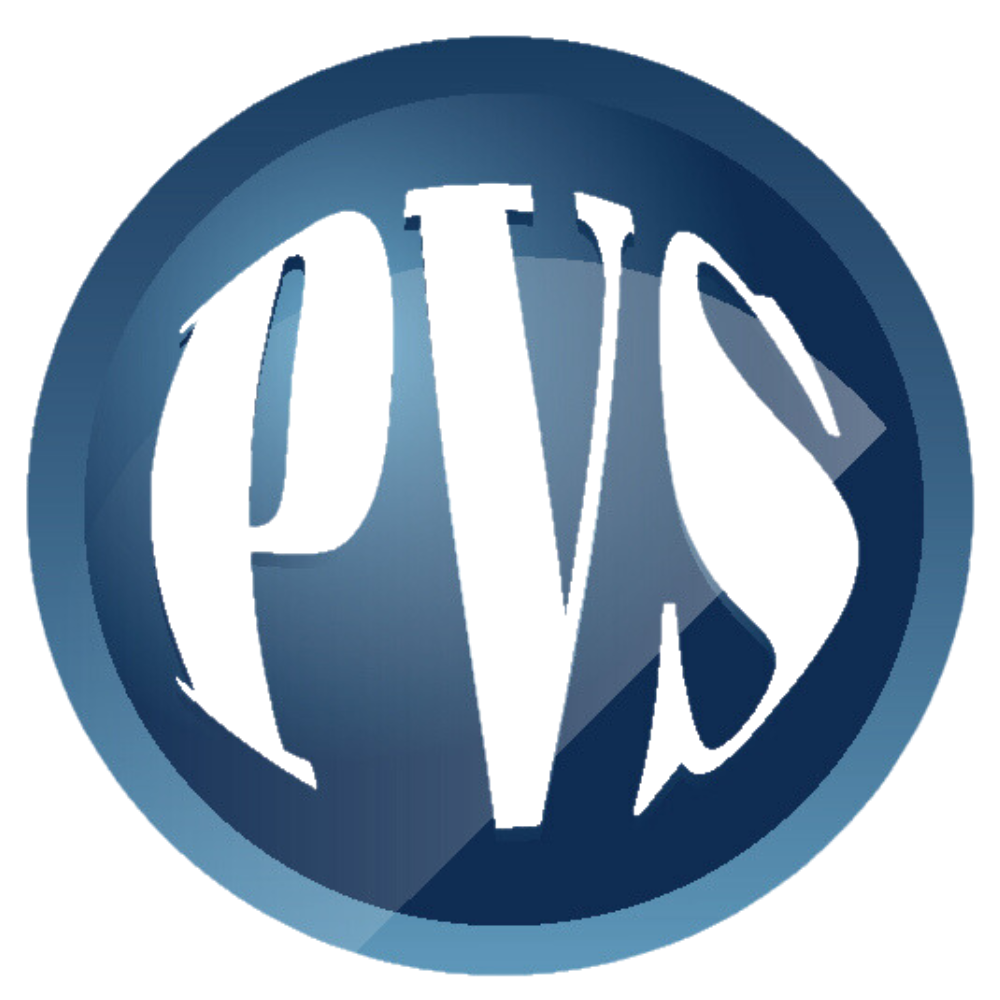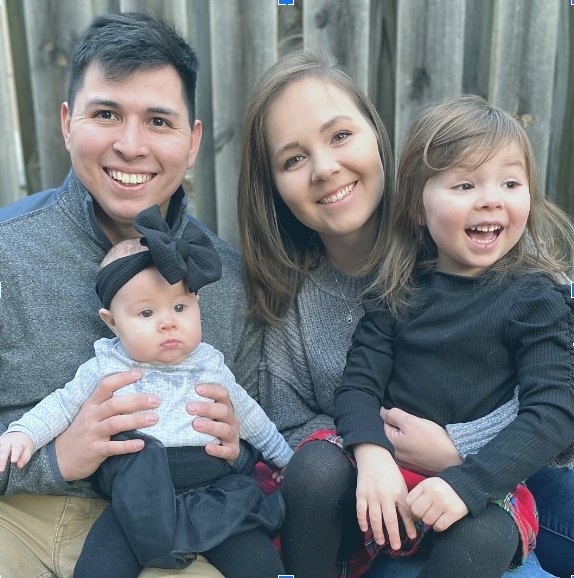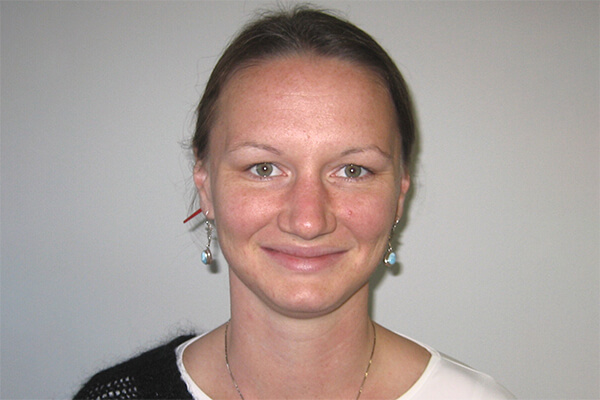Hello, I’m Chip Saam. I’ve been with Property Valuation Services for over 20 years. I’ve been involved in property tax for almost 35 years. In my position as Technical Director/Personal Property Appraiser, I oversee the hospital team within our personal property tax department. In 1998, I received the CMI property tax designation from the Institute for Professionals in Taxation, and in 2008, I earned the ASA designation in Machinery & Technical Specialties from the American Society of Appraisers. It’s been a rewarding experience growing with PVS — from a company of 12 employees when I joined the firm to over 75 employees today. Our mission has never strayed from working in our client’s best interest to ensure that they are paying their fair share of property taxes – nothing more, nothing less. Within the personal property tax department, our goal is to work with our clients to file the most accurate return possible based on the best information available.
A typical filing season for the hospital team includes preparing and filing close to 4,000 business personal property tax returns. Our team of one director, two managers and four consultants are well versed in the different requirements of each jurisdiction across the country that taxes business personal property. As we prepare returns, we review asset listings, general ledgers, location listings and leases to identify any opportunities to save our clients tax dollars. All returns are prepared using a software program we have developed with an outside programmer over the last 20 years. Each year we make modifications to the program to account for changes in property tax laws and statutes.
After returns are prepared and submitted, we begin the process of tracking values and reviewing accounts that may require appeals. Our software system tracks appeal deadlines to help manage the process. We make every attempt to resolve any value differences with assessor’s office informally. If we are unable to resolve our differences, the formal appeal process is started. We include our clients in this decision-making process as it may impact their image and standing in their local community. If we are unable to resolve value differences at this level, a cost benefit analysis is performed with the client to determine if litigation is warranted.
After the value collection and appeal periods of the property tax cycle are completed, we move into the tax bill collection and approval phase. Ideally, clients will allow the mailing address for tax bills to be changed so that they come directly to the PVS Corporate Office. This allows for quicker review and transmittal of a tax bill approval. Except for extreme cases, we forward tax bill approvals to clients at least 14 days prior to the due date to allow for timely payments of taxes.
Reports provided throughout the year include a mid-year report to help clients with the review of their property tax accruals, a property tax budget report for the subsequent year for clients that request assistance with their budgeting process and a year-end report in late-December or early-January.
Throughout the year, we help clients with property tax estimates for new or acquired locations or major equipment purchases. Additionally, asset cleanup projects may be performed in the fall to identify assets that may no longer be physically located at a facility but have not been taken as disposals on the books and records. This can result in tax savings that accumulate through all following years.
One of the big issues to consider for the 2021 filing season will be the impact of COVID-19 and how the pandemic has affected the fair market value of equipment. Fair market value is generally defined as an opinion expressed in terms of money, at which the property would change hands between a willing buyer and a willing seller, neither being under any compulsion to buy or sell and both having reasonable knowledge of relevant facts, as of a specific date. For real estate, which is often valued and assessed based on income, the answer is much clearer.
The loss of tenants, reductions in rental income and the reduced need for leased commercial real estate have all had an impact on real estate values. For equipment, the impact is not as clear as it typically is valued by placing the cost of the equipment on an assessor’s depreciation schedule, which is often mandated by the state. Also, since by definition, tangible personal property is movable, equipment, in theory, could be transferred to another location that is not being impacted by the pandemic. In some cases, such as durable medical equipment, there may be an argument that the equipment is suffering from more wear and tear due to increased usage and, therefore, the fair market value has decreased faster than under normal market conditions. On the other hand, an industry such as dine-in food service, may see a decline in their equipment fair market value due to the increase in equipment for sale in the secondary market due to so many restaurants closing.
In any case, a request for additional depreciation on equipment due to the pandemic will need to be supported by data and research. A lot remains to be seen on this front. Rest assured that PVS will be keeping an eye on any changes in the assessment of equipment across the country.
Should you have any questions or needs related to personal property tax, please feel free to reach out at any time. Thank you for your continued support.










